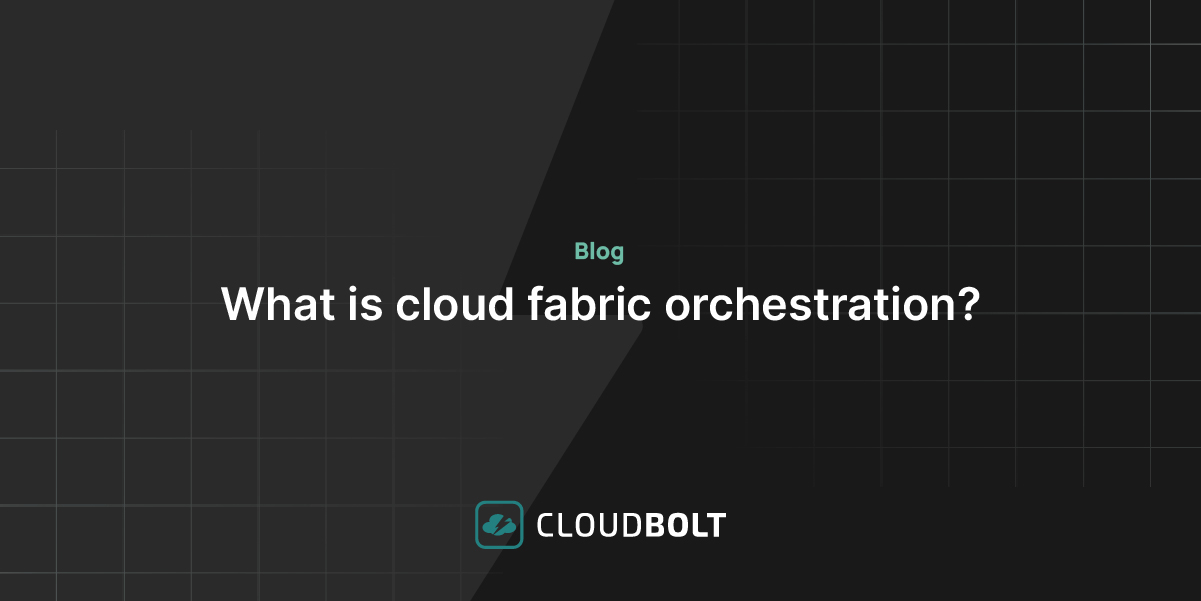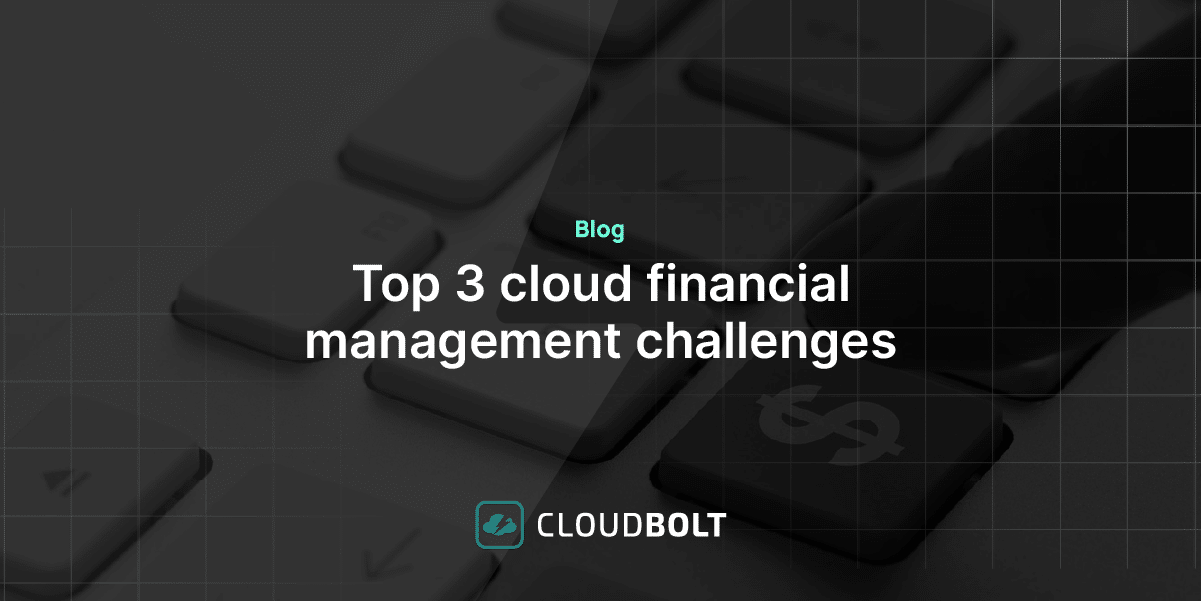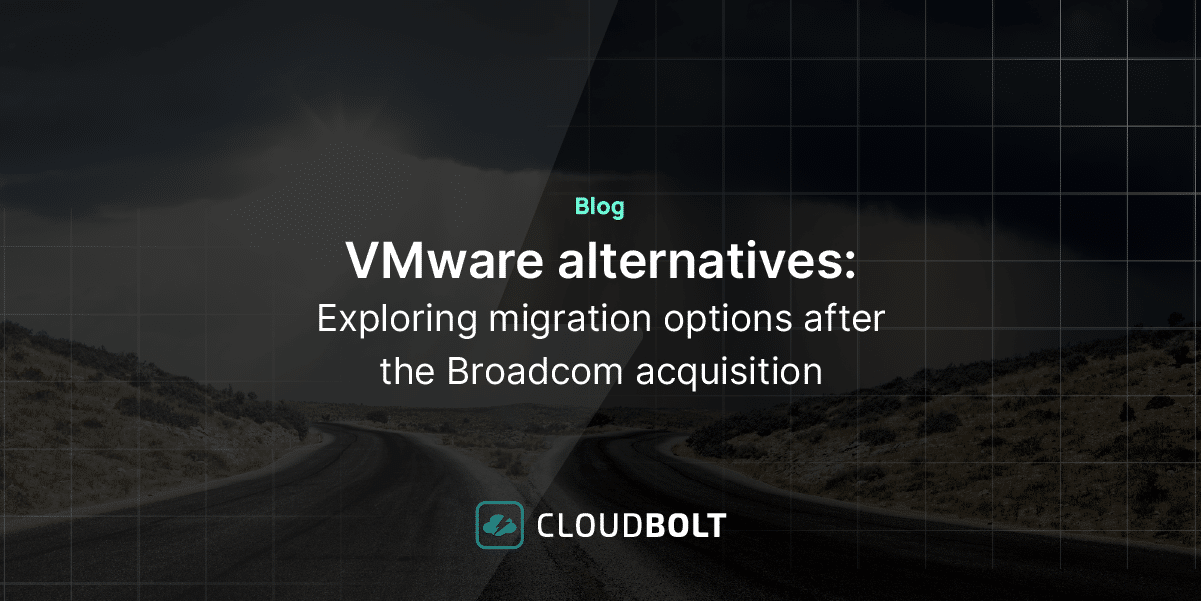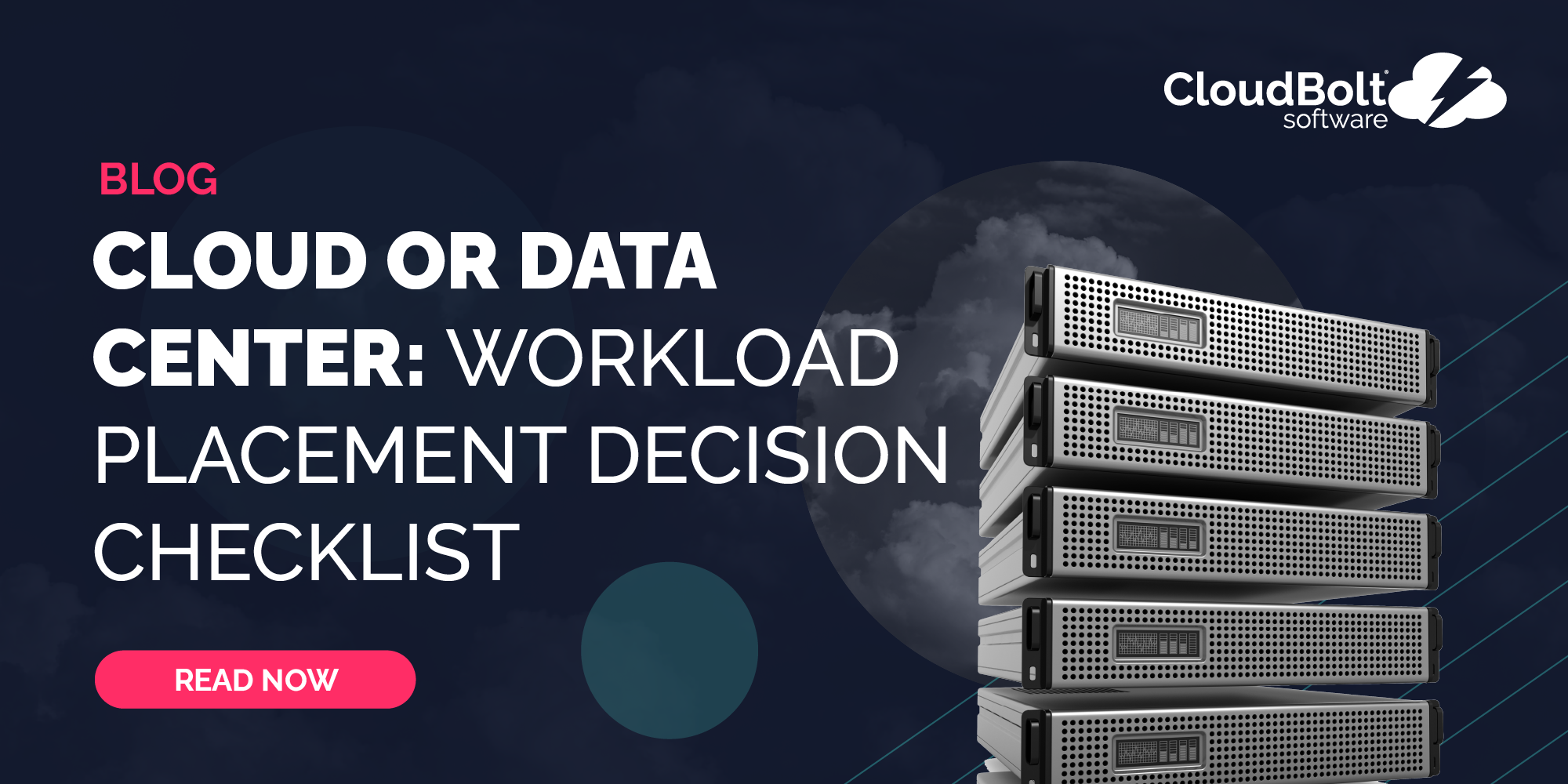The CloudBolt Blog
Tips, tricks, news, and everything you need to stay up to date.
Latest Blogs

What is cloud fabric orchestration
Understanding the Cloud Fabric Before diving into the intricacies of cloud fabric orchestration, let’s first understand what we mean by…

Top 3 cloud financial management challenges
Introduction As cloud costs continue to rise, comprising an ever-larger share of IT budgets, there is increasing executive scrutiny on…

VMWare Alternatives: Exploring migration options after Broadcom acquisition
As the saga of the recent $69 billion acquisition of VMware by Broadcom continues to play out, it has sent…

VMWare Competitors – What’s Next For Your Cloud Practice
As a VMware partner, you may have received notice that Broadcom is terminating your contract. It’s like the tech world’s…

Navigating the VMware Acquisition: A Pragmatic Approach to Migration in the Broadcom Era
Introduction: I received a text from a former colleague and friend out of the blue today that read “I guess…

Life’s Too Short for Broadcom: Navigating the FinOps Landscape Post-VMware Acquisition
The finalization of Broadcom’s $61 billion acquisition of VMware on November 22, 2023, marks a significant shift in the FinOps…

A Cloudability Post-Acquisition Guide Ensuring Your Cloud Strategy Remains Uninterrupted
Navigating the FinOps M&A Era Enterprise IT teams rely heavily on technology and vendor relationships to ensure success. These partnerships…



